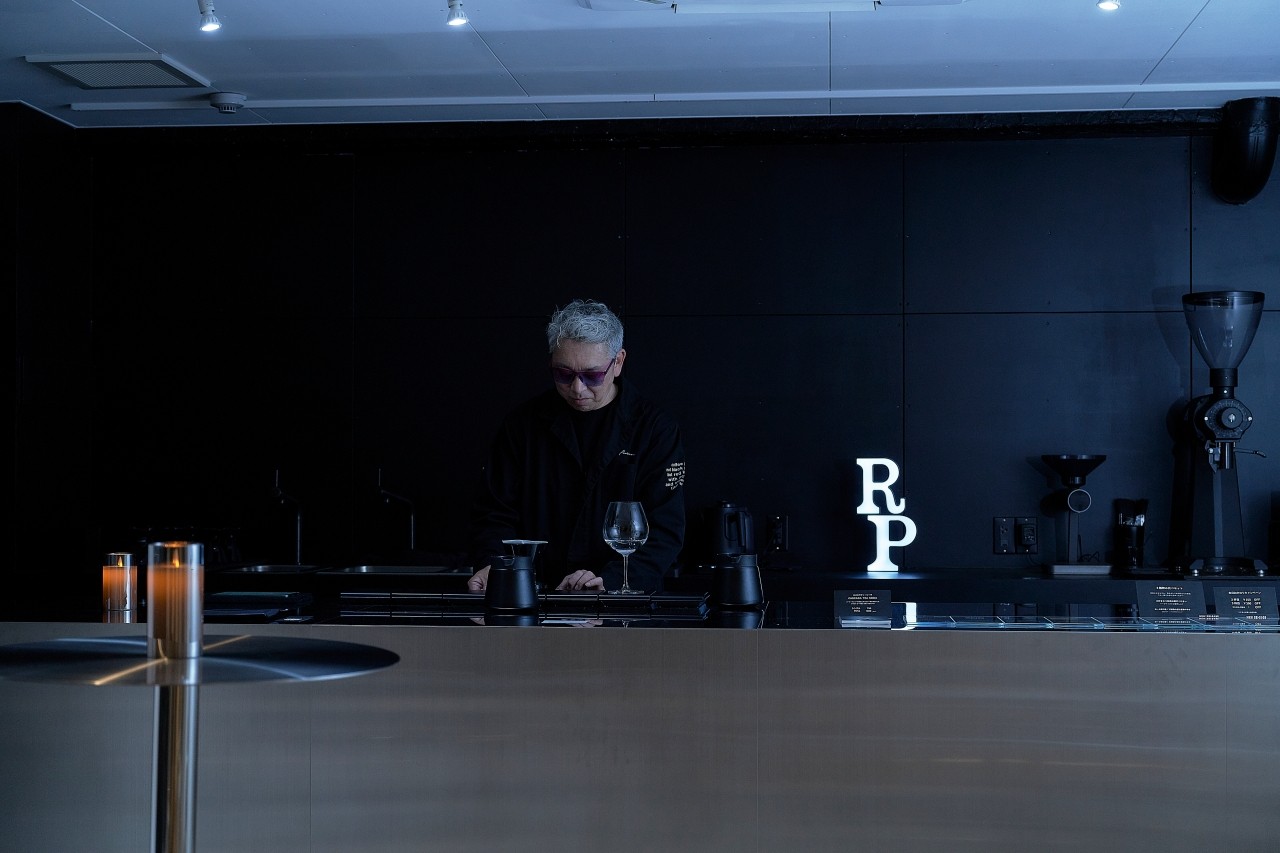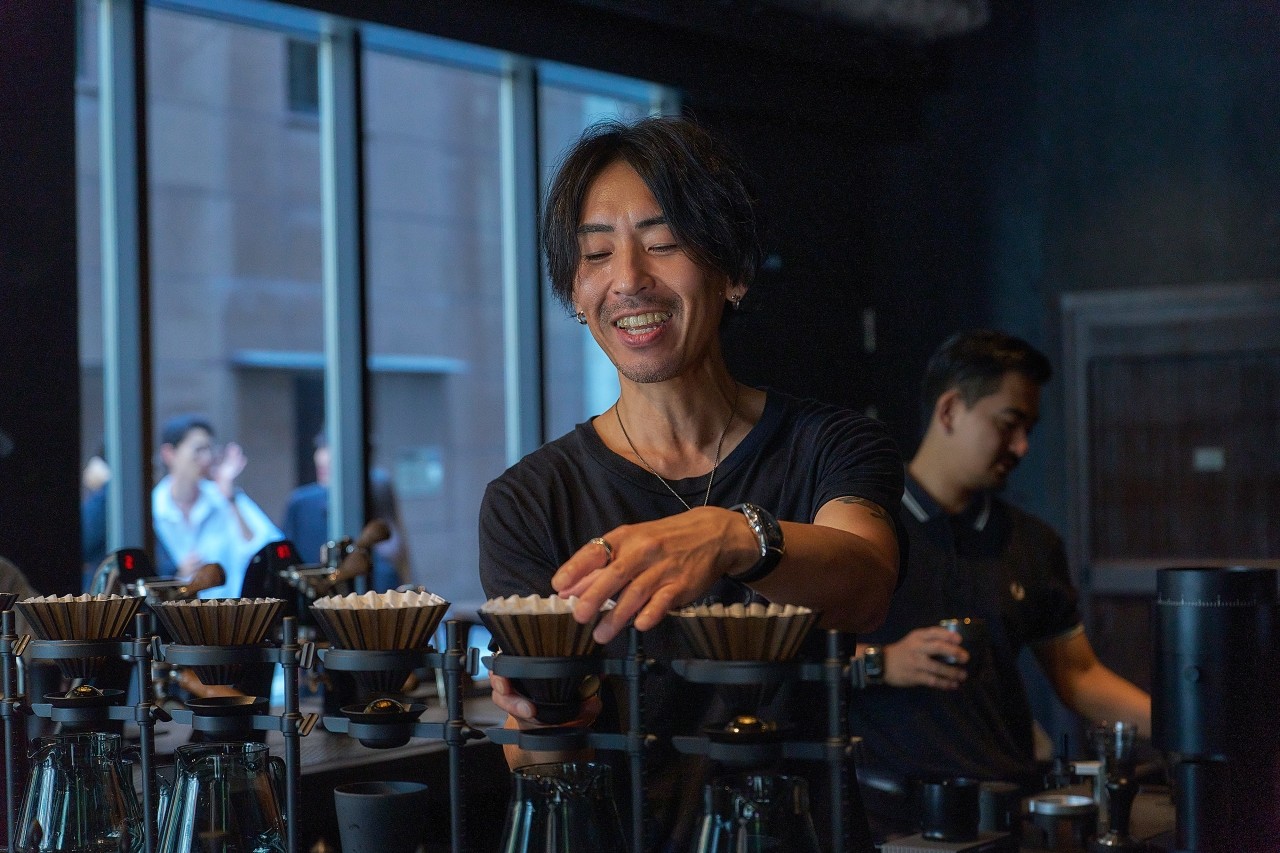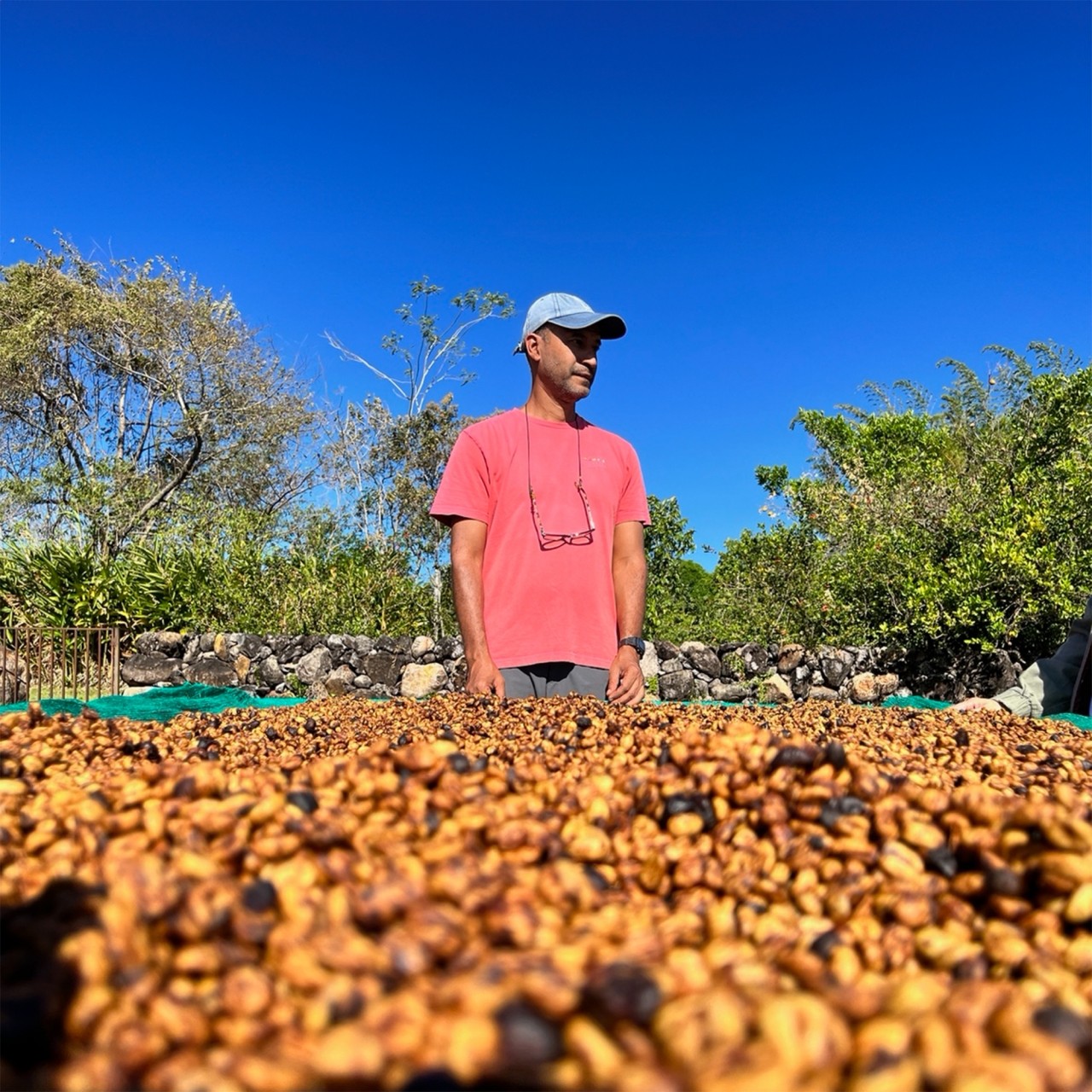Understanding coffee brands (3) Countries, farms, and processes

When buying coffee beans or ordering coffee at a coffee shop or cafe, everyone has had the experience of being confused because there are multiple coffee brands available. In such cases, the first thing to check is the name of the brand.
In this series, we dig deeper into the name.
So far, we have introduced ``specific brands'' such as `` Blue Mountain '' and `` Kilimanjaro ,'' as well as coffee grades expressed as ``AA'' and ``SHB.''
This time, I would like to talk about the names given to coffee beans when buying them at coffee shops.
In the world of specialty coffee, traceability of coffee beans is considered important, and I have previously written that brands are often selected based on a combination of the following factors:
・Country of production, region of production, farm name, coffee variety, process, common name by producer
Of these, you will probably choose the one that best represents the characteristics of coffee, but the two most commonly used are " country of origin " and " farm ."
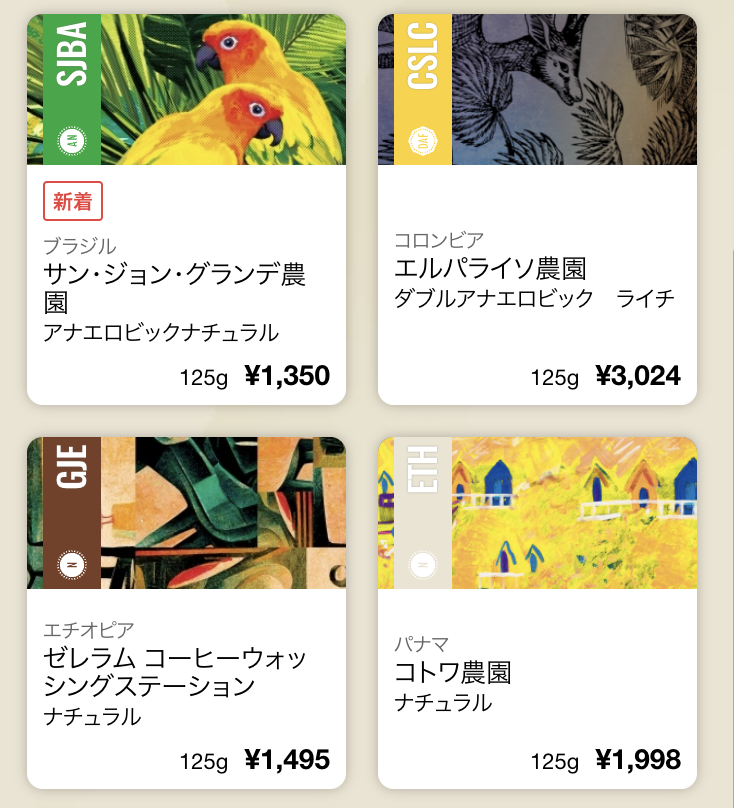
In our CROWD ROASTER "raw beans" introduction, the brand list displays "country name" + "farm name" + "process name"
Reasons for choosing country names
Generally speaking, the flavor and taste of coffee differs depending on the country of origin.
It is sometimes associated with specific flavors, such as Ethiopia's floral, tea-like flavor, and Kenya's berry flavor.
High-quality Arabica coffee, which is a specialty coffee, is produced only in certain limited areas, so it cannot be grown everywhere, even in coffee-producing countries.
The characteristics of the region where coffee is produced greatly influence the characteristics of coffee beans in that country.
In addition, the varieties cultivated are limited to some extent depending on the country of production, so this also has an effect.
Furthermore, the forms of production and distribution differ from country to country (many small-scale farmers, natural processes are common, drying methods, etc.).
These various conditions give rise to the characteristics and image of the producing country.
I think that displaying the name of the country of origin is often necessary to make a determination.
Display of farm name
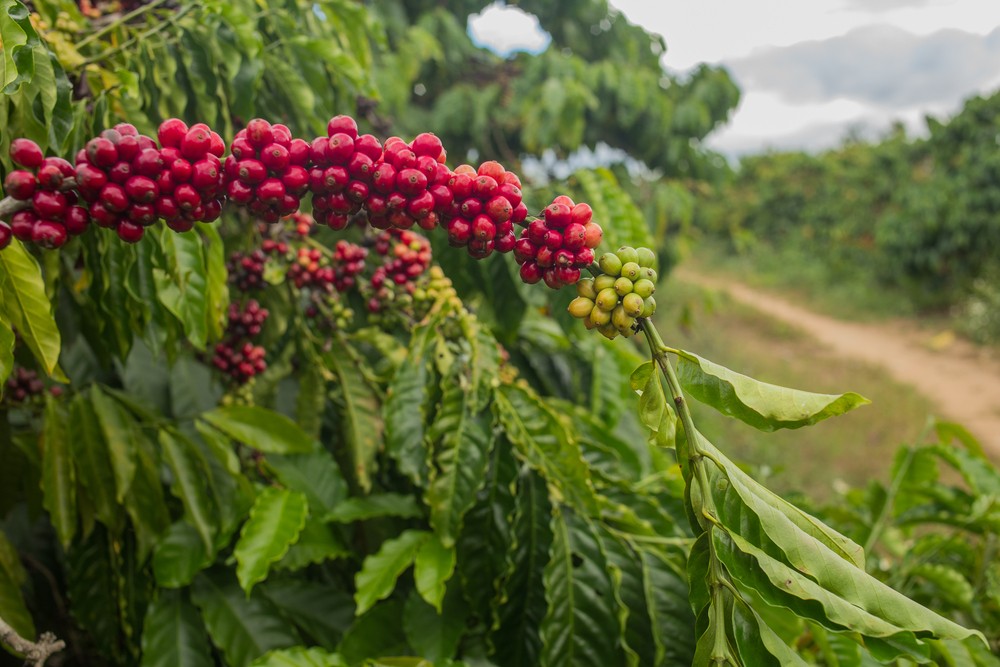
Rarely, there are farms that are world-famous and have value in their name, and if they are such a farm, that value is directly expressed.
Of course, even if the farm is not famous, if the farm produces coffee beans of good quality or is implementing cutting-edge initiatives, the name of the farm should be used as the brand (product) name to praise the efforts. That's common.
The farm name is also useful in ensuring traceability.
By the way, in some countries it is not common for coffee to be distributed under the farm name.
For example, in Bolivia and Peru, farm names are not often given, and products are distributed under the name of the producer.
There are also countries such as Kenya (called the Factory) and Rwanda (called the Coffee Washing Station), where coffee grown by small producers is distributed under the name of a cooperative's curated equipment.
It may also be the name of an agricultural cooperative.
In this way, the farm name may be given variations such as the name of the producer, the name of the agricultural cooperative, or the name of the selection equipment.
The name of the production area may also be given, but this is often used when the name is known as a famous production area rather than the name of a farm or agricultural cooperative.
Process and product name
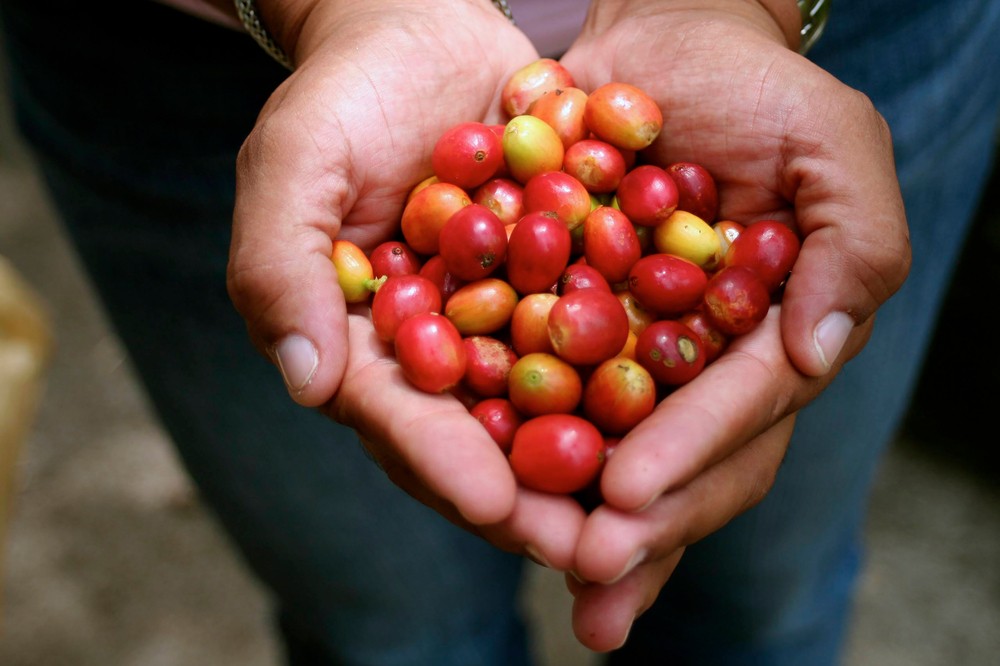
Process (selection, production processing) names such as natural, washed, and anaerobic are often included in brands.
This is of course because the taste varies greatly depending on the selection method.
For example, you can determine trends in taste, such as natural with a strong sweetness and texture, washed with bright and clean acidity, and anaerobic with a unique fermented feel.
Even when a special process is being carried out, the brand name may be used to make people aware of its characteristics.
On the other hand, the name of the coffee bean cultivar may also be included.
I think this is often mentioned when it comes to famous varieties like " Geisha " or rare ones.
In common varieties, it may not come to the fore very often.
Other than that, various things may be included in the name of a coffee brand, such as prominently highlighting the name of a producer with whom you have a special relationship, a flavor, or some kind of nickname, but the above are the basics. I think it is.
If you don't know what is displayed in a list of alphabets, it may be easier to understand if you separate it out.
Of course, if you're at a coffee shop, just ask the staff and they'll be able to tell you more details.
Please use the information provided above as a reference and listen carefully.
The way you choose coffee may change.
2023.7.28
CROWD ROASTER
CROWD ROASTER
If you want to enjoy coffee more deeply
" CROWD ROASTER APP"
Manabu at CROWD ROASTER LOUNGE
・Push notifications for article updates・Full of original articles exclusive to CROWD ROASTER
・Direct links to detailed information about green beans and roasters
App-only features
- Choose green beans and roasters to create and participate in roasting events・CROWD ROASTER SHOP: Everything from beans to equipment is readily available
・GPS-linked coffee map function



